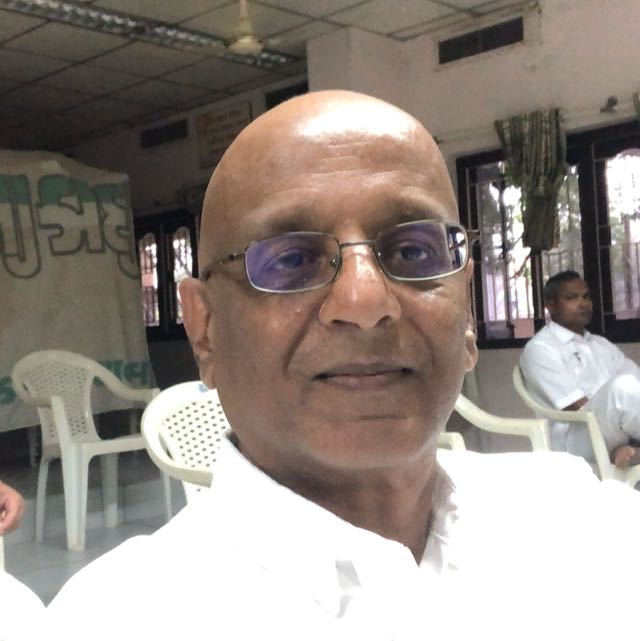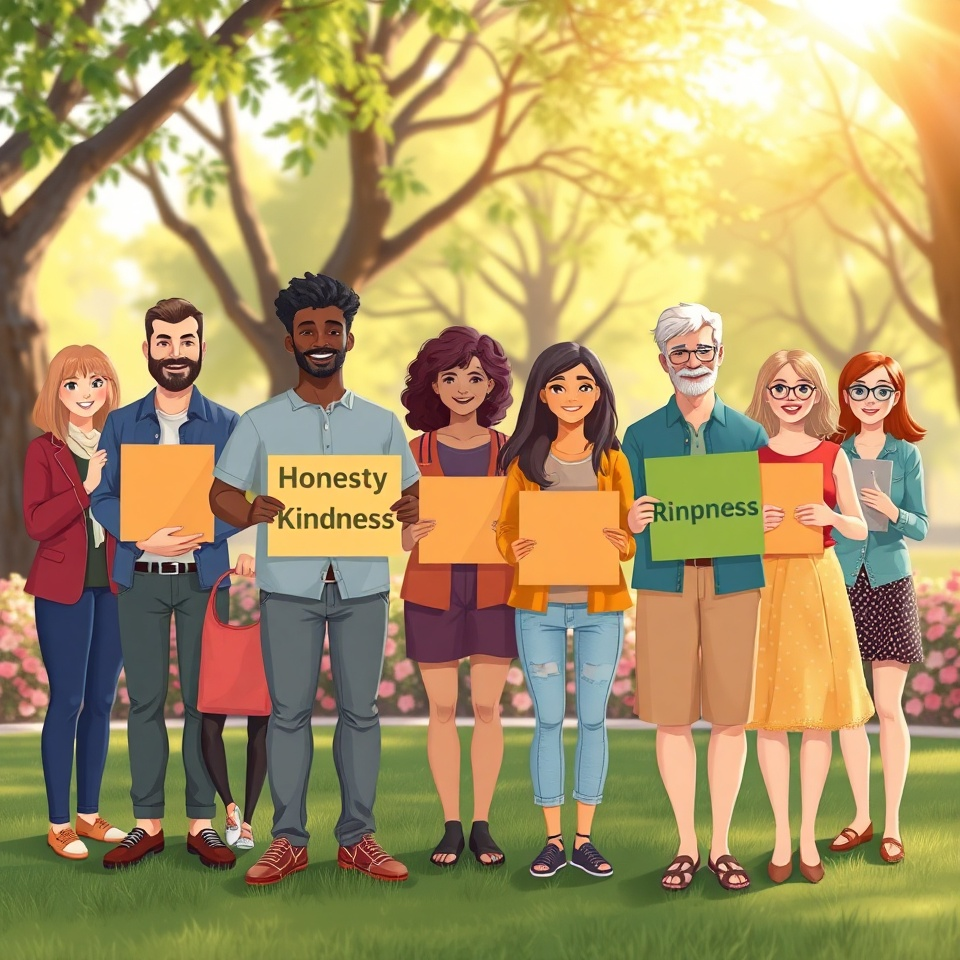World Welfare

THROUGHOUT history, the welfare of the world has rested upon the single unchanging foundation of moral values to guide human conduct. Empires have risen and fallen, technologies have transformed societies, and cultures have evolved, yet the essence of what holds humanity together has always been the recognition that collective wellbeing depends upon inner virtue, compassion, and justice. The welfare of the world is not sustained by wealth or power, but by the shared moral fabric that gives meaning to life.
History
When the light of these values dimmed, civilizations faltered. History shows that when societies lost their moral compass decline is inevitable. The fall of empires, the disintegration of feudal systems, and the tragedies of colonial exploitation all bear witness to what happens when the favors of the few outweighs the welfare of the whole. The rise and fall of governments echo the same moral law: the strength of any civilization lies not in its armies or treasures, but in the values that guide its people.
Classic Period
In the classical world of Greece, similar ideals emerged. Plato envisioned a society governed by philosopher-kings who would rule with wisdom and justice. Aristotle taught that the purpose of human life could only be achieved through virtue and reason. Roman thinkers such as Cicero asserted that the health of the republic depended on the moral character of its citizens. Thus, the stability of society was inseparable from the virtue of the individual, a truth that still resonates in democracies today.
Modern Era
In the modern era, the idea of world welfare has evolved from a moral vision into an urgent global necessity. The European Enlightenment movement of the late 17th century reinstituted ideals of equality, liberty, and human rights. The French and American revolutions, despite their imperfections, asserted that all humans possess inherent dignity. Later, the Industrial Revolution, while advancing material progress, revealed the dangers of neglecting the human spirit. The harsh conditions of early industrial society led reformers and visionaries to revive the call for justice, compassion, and shared values. The welfare movements of the nineteenth and twentieth centuries, from labor rights to education and public health were not merely political developments but a moral reawakening rooted in the recognition of human solidarity.
United Nations
After the devastations of two world wars, the global community reaffirmed these foundational values. The establishment of the United Nations and the Universal Declaration of Human Rights in 1948 reflected the ancient truth in modern language: the welfare of the world depends on the dignity, freedom, and brotherhood of all people. The phrase “We the peoples of the United Nations, determined to save succeeding generations from the scourge of war” echoed the call for Lok Sangraha — a commitment to act for the good of all, transcending national, racial, and religious boundaries.
Today
Today, the details of the challenges are new, but the principle remains the same. Wars and the threat of wars continue. The Caribbean, once seen as a heaven of peace is at risk. Conflict, inequality and moral confusion threaten the balance of the world. Technology has connected us but has not necessarily made us more compassionate. The welfare of the world now depends on a renewal of the values that have guided humanity since its earliest dawn — truth, love, justice, and self-restraint. Without these, progress is hollow.
Self-responsibility
Spiritual movements and moral educators continue to remind us that world welfare begins within. The Brahma Kumaris, for instance, teach that peace in the world can only arise from peace in the mind. The transformation of society begins with the transformation of the self. When individuals cultivate purity, compassion, and spiritual awareness, these radiate outwards to influence families, communities, and nations. The Gita’s call for selfless action and service, and Christ’s commandment to love, converge in this realization: that personal virtue is the seed of global welfare.
Conclusion
Ultimately, the welfare of the world is not a goal to be achieved by governments or institutions alone. It is a living process sustained by the inner light of conscience that dwells within every human being. History, in all its complexity, teaches that the greatness of a civilization is measured not by its conquests or inventions but by how it benefits humanity. When moral values are the foundation, peace and prosperity follow, when forgotten, even the strongest empires crumble.
If the world is to thrive, it must remember the wisdom of the past. The welfare of all begins with the goodness of each.Vijai Sadal is a student of the Brahma Kumaris Raja Yoga Meditation Centre. He can be reached at vijai@pepesmkt.com
![]()













